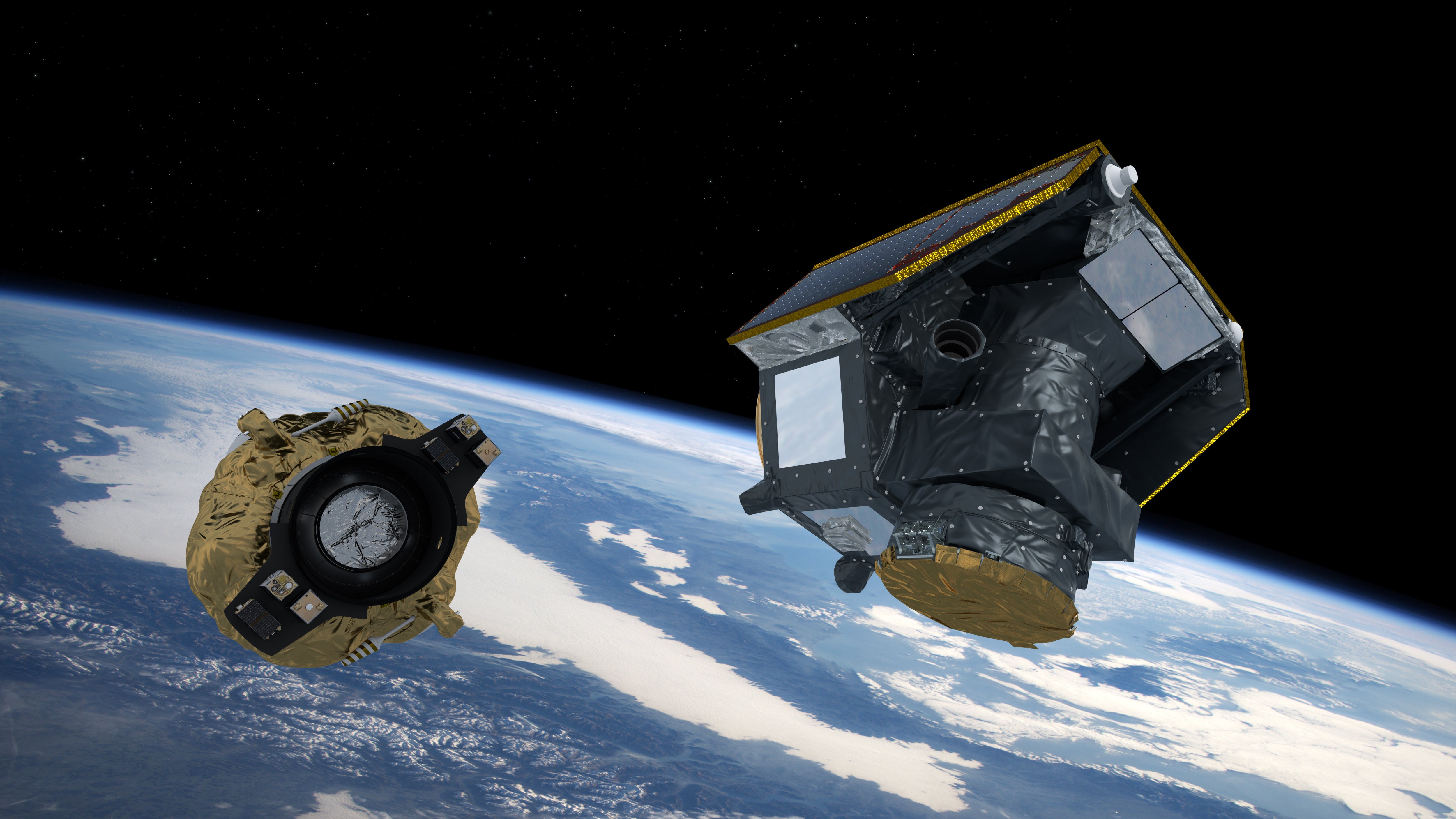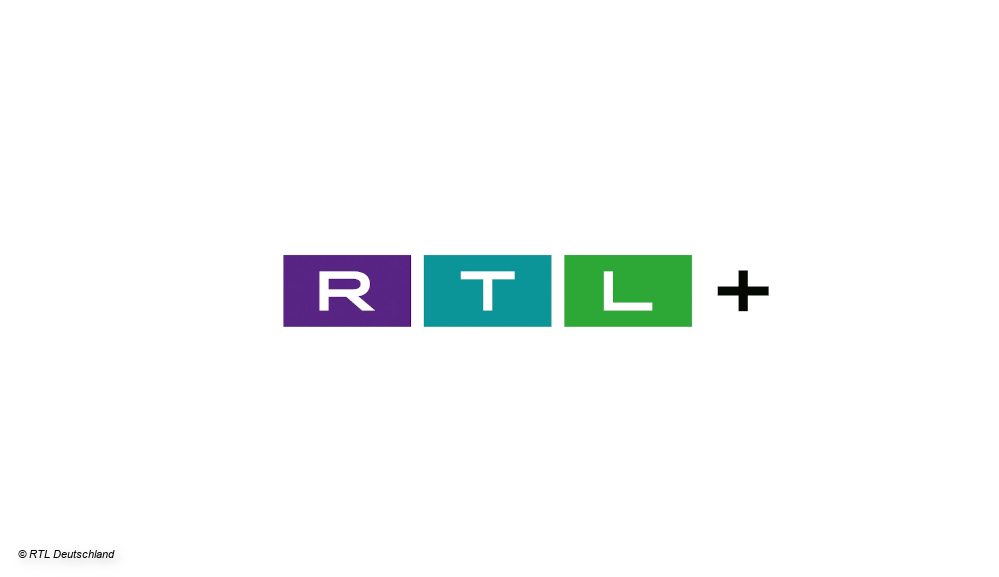European Space Telescope to Launch New Era of Exoplanet Science
Inhaltsverzeichnis

The European Space Agency (ESA) is set to launch a first-of-its-kind exoplanet telescope, which will perform detailed studies of hundreds of known worlds beyond the Solar System. The mission heralds a shift from missions designed to discover such planets—some 4,000 of which have now been found—to those intended to learn about them in detail, say astronomers.
Called CHEOPS (Characterising Exoplanet Satellite), the 300-kilogram, €50-million (US$55-million) spacecraft is scheduled for launch on a Soyuz rocket from Europe’s Kourou spaceport in French Guiana on 17 December. It will be placed into orbit 700 kilometres above Earth, where its main instrument will point constantly towards our planet’s night side so that its view of space is uninterrupted by sunlight.
“We’re moving from discovery [of exoplanets] to characterization,” says Kate Isaak, a project scientist on the mission at the European Space Research and Technology Centre in Noordwijk, the Netherlands. “With CHEOPS we’ll be able to answer the question of how small planets, in particular, form.”
Equipped with a single camera, CHEOPS will peer at stars around which exoplanets are already known to orbit. Through the transit method—observing the dip in the brightness of a star’s light as a planet passes in front of it—astronomers will use CHEOPS to work out the sizes of these worlds and study some of their atmospheres, providing crucial information on the formation and evolution of a variety of exoplanets. Over its 3.5-year scientific mission, which will begin in April 2020, the telescope will study between 300 and 500 worlds.
Changing focus
Astronomers discovered the first exoplanets three decades ago, with ground-based telescopes. Since then, several space missions designed to discover more new worlds have been launched; these include NASA’s Kepler space telescope, which retired in November 2018, and the agency’s Transiting Exoplanet Survey Satellite (TESS), launched in April 2018.
But CHEOPS is the first space telescope designed to study planets. Known exoplanets that it will target range from Earth-sized worlds to mini-Neptunes, gaseous planets that are slightly smaller than the ice giants Uranus and Neptune. These include the hot ‘super-Earth’ 55 Cancri e; a suspected ice giant called HD 97658b; and the gas giant KELT-9b, which has a dayside temperature hotter than 4,000 °C. KELT-9b “is a planet that is actually hotter than a cool star”, says David Ehrenreich, a CHEOPS mission scientist at the University of Geneva in Switzerland.
CHEOPS is the first of several missions set to launch in the next few years that will help to study exoplanets in detail. NASA’s James Webb Space Telescope, scheduled for the 2020s, will probe the distant Universe in the infrared part of the spectrum with its large mirror, and will be a powerful tool for studying the atmospheres of distant worlds. And in 2028, ESA will launch the Atmospheric Remote-sensing Infrared Exoplanet Large-survey (ARIEL), which will study the atmospheres of about 1,000 exoplanets in infrared to work out their composition and how they evolved.
“Detecting exoplanets is now the norm,” says Matt Griffin, an astronomer at Cardiff University, UK, and part of the ARIEL team. “But we need to move into a new era in which we start to characterize and measure their detailed properties.”
“Exoplanets have in the past 25 years become one of the hottest topics in astrophysics,” says Ehrenreich. “So there’s a lot of excitement in the scientific community.”
This article is reproduced with permission and was first published on December 10, 2019.
If you want to read more science articles, you can visit our science category.
if you want to watch movies go to Film.BuradaBiliyorum.Com for Tv Shows Dizi.BuradaBiliyorum.Com, for forums sites go to Forum.BuradaBiliyorum.Com .




